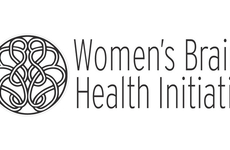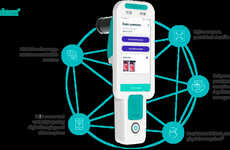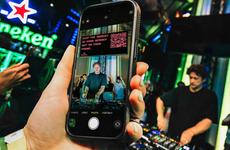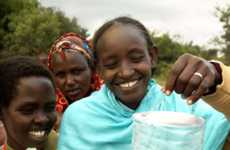
Malaria No More's NightWatch Malaria Program Uses Leaders' Phones
Alyson Wyers — January 20, 2015 — Social Good
References: malarianomore.org & fastcoexist
A charitable organization is using mobile phones as part of a health education-focused malaria program. Malaria No More's NightWatch initiative (developed in collaboration with the Lalela Project) uses mobile platforms and African leaders to deliver this education so families sleep under mosquito nets and seek testing and treatment in a timely manner.
So far 20 million Africans have been reached through this malaria program. Even though not all will own a mobile device, using figures like international music icons, local athletic heroes and state presidents who will is an interesting strategy. Malaria No More CEO Martin Edlund notes "malaria thrives on misinformation" so getting accurate information out is vital in their effort to end the disease.
So far 20 million Africans have been reached through this malaria program. Even though not all will own a mobile device, using figures like international music icons, local athletic heroes and state presidents who will is an interesting strategy. Malaria No More CEO Martin Edlund notes "malaria thrives on misinformation" so getting accurate information out is vital in their effort to end the disease.
Trend Themes
1. Mobile Health Education - Using mobile platforms to deliver health education for malaria prevention and treatment, disrupting traditional methods.
2. Influencer Outreach - Engaging international music icons, local athletic heroes, and state presidents to promote malaria prevention and drive behavior change, disrupting traditional awareness campaigns.
3. Collaborative Partnerships - Working with organizations like the Lalela Project to develop innovative initiatives that combine technology and community leaders to address health challenges, disrupting conventional approaches.
Industry Implications
1. Healthcare - Opportunities for healthcare providers to leverage mobile platforms and influencer outreach to educate and engage communities in malaria prevention and treatment, disrupting traditional healthcare delivery methods.
2. Technology - Potential for technology companies to develop and optimize mobile platforms for health education programs targeting malaria, disrupting conventional health communication channels.
3. Non-profit - Non-profit organizations can explore collaborative partnerships and innovative approaches to tackle health challenges like malaria, disrupting traditional charitable initiatives.
3.6
Score
Popularity
Activity
Freshness























